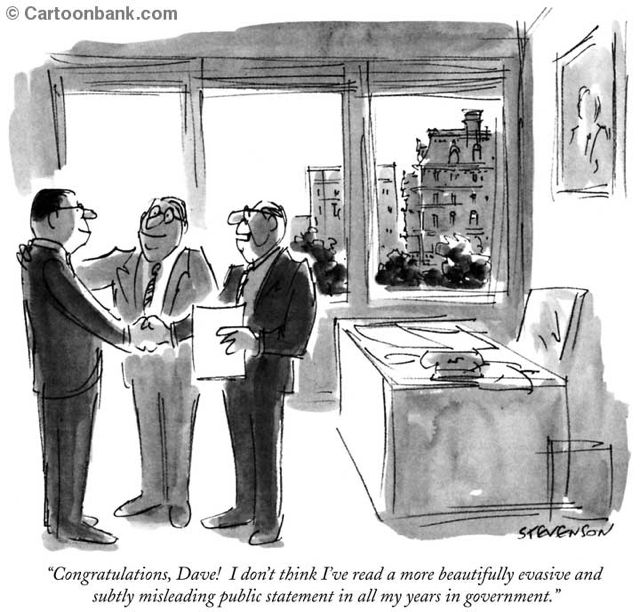What Orwell Didn’t Know: Propaganda and the New Face of American Politics, edited by András Szántó, Public Affairs Press, 2007.
George Orwell’s seminal essay “Politics and the English Language” noted that precision in language is a reflection of clear thinking. Imprecise language not only reflects weak thinking on the part of the writer or speaker, it causes weak thinking among its audience. Says Orwell:
An effect can become a cause, reinforcing the original cause and producing the same effect in an intensified form, and so on indefinitely. A man may take a drink because he feels himself a failure, and then fail all the more completely because he drinks. It is rather the same thing that is happening to the English language. It becomes ugly and inaccurate because our thoughts are foolish, but the slovenliness of our language makes it easier for us to have foolish thoughts.
But Orwell wasn’t interested merely in being society’s copy editor. He noted the nefarious consequences of debasement of language in the political realm:
Political language – and with variations this is true of all political parties, from Conservatives to Anarchists – is designed to make lies sound truthful and murder respectable, and to give an appearance of solidity to pure wind.

